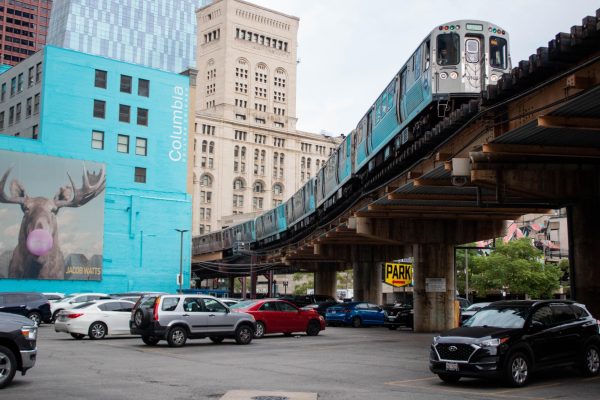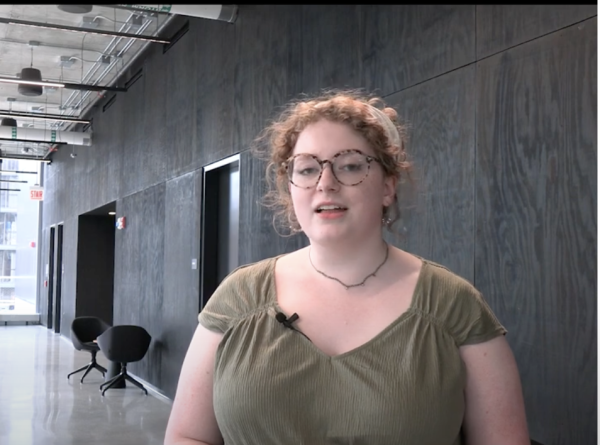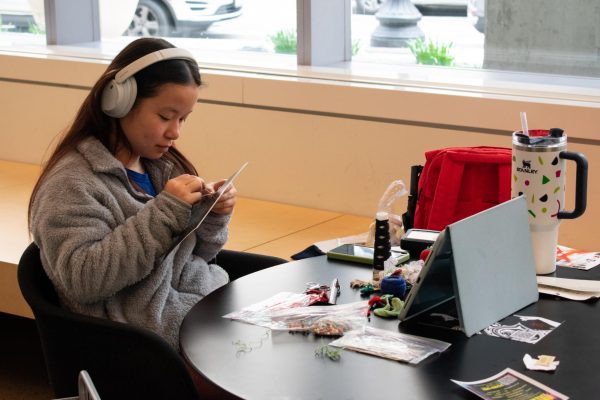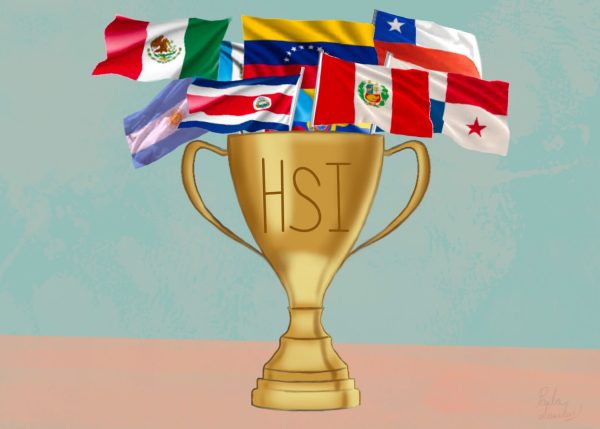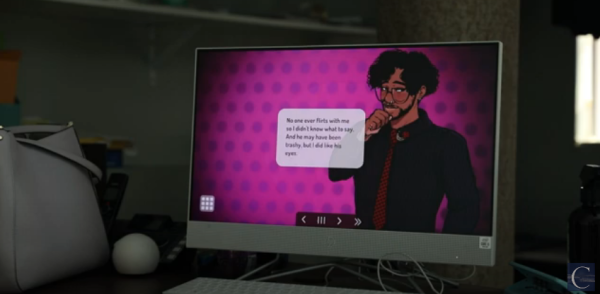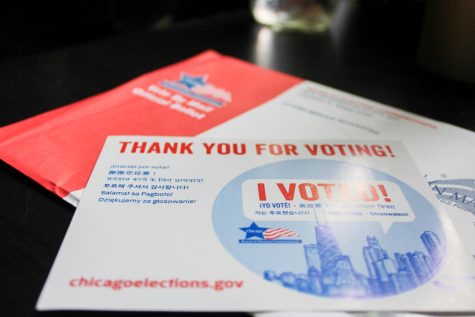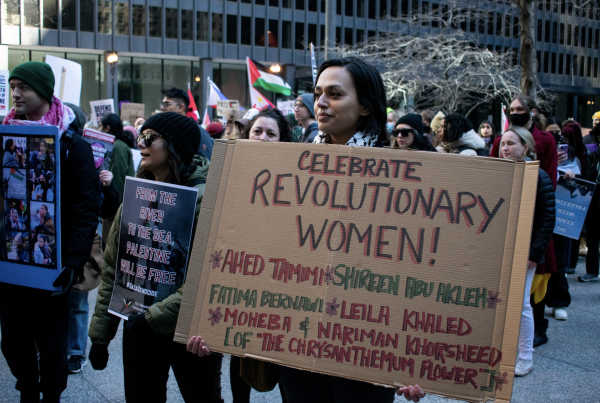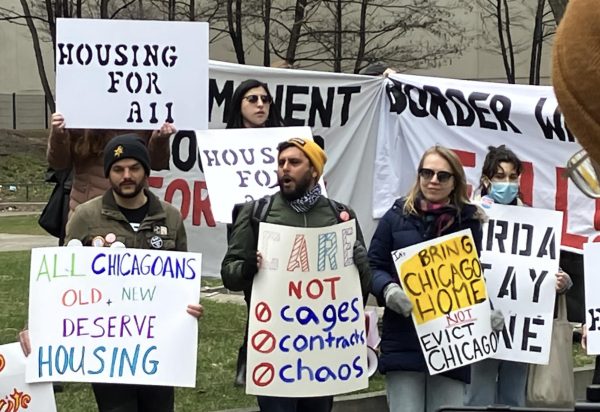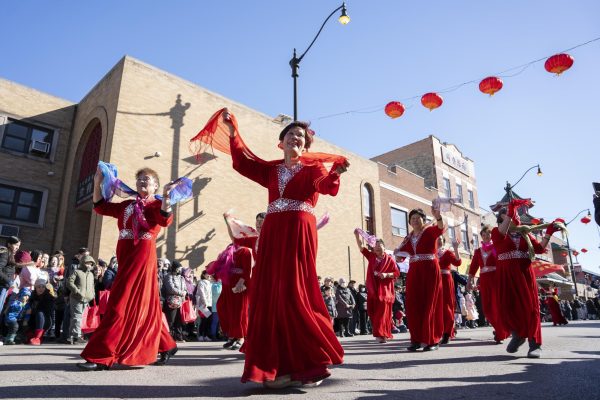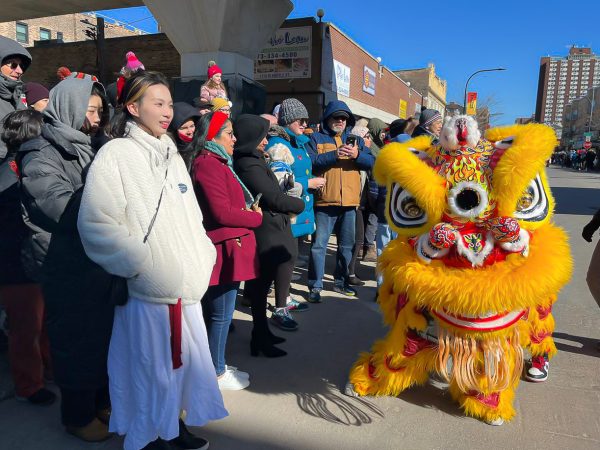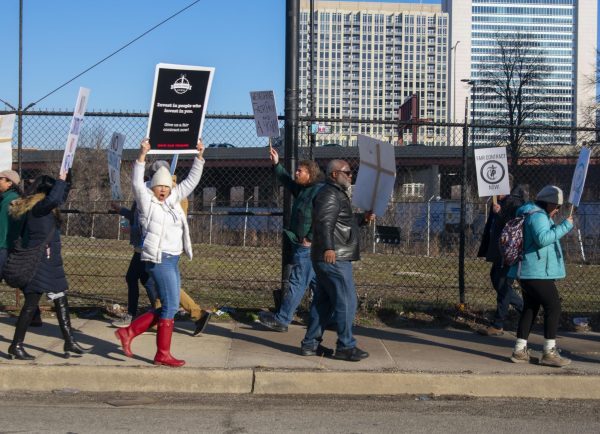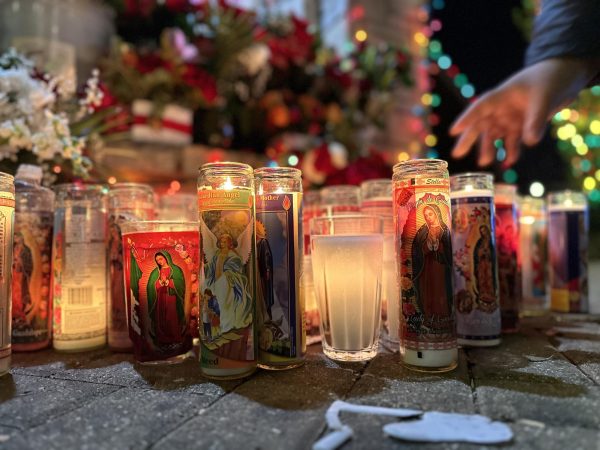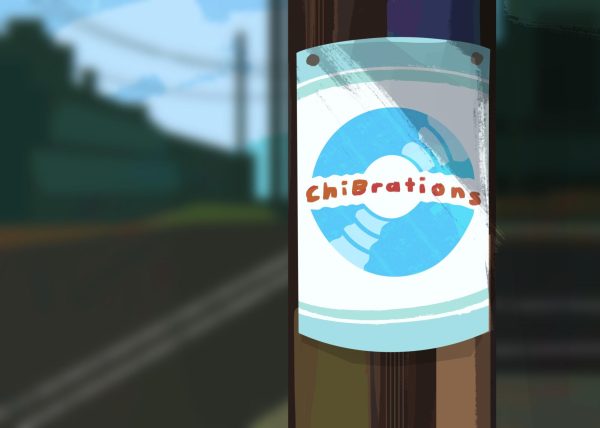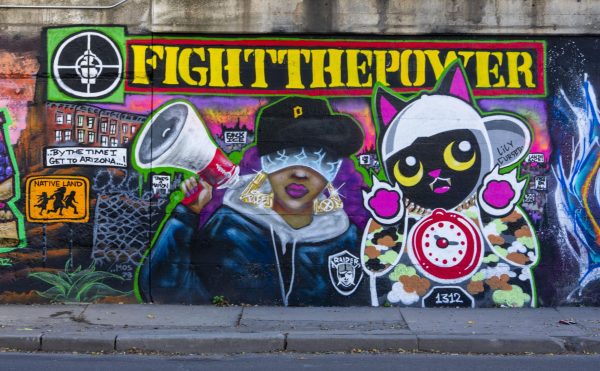Cabbie blues
November 24, 2008
Holiday shoppers clamoring for cabs in the city may have to find alternate ways of transportation to various shopping spots come Black Friday on Nov. 28.
Peter Enger, secretary of the United Taxi Drivers Committee Council, said the group gave Mayor Richard M. Daley a two-week ultimatum to show interest in a proposed 16 percent cab fare increase and filed a petition with more than 1,300 cab driver signatures to get an on-the-spot hearing from the transportation committee. Taxi drivers are unable to afford the increased cost of living under the current fare structure and are serious about striking, he said.
Whether there will be a strike or not will be announced on Nov. 25 by the committee at the James R. Thompson Center, 100 W. Randolph St., during a rally of cab drivers that begins at 1 p.m.
“We’re adamant that we can’t afford to wait until next spring,” Enger said. “We’ve been asking, requesting and [calling] for meetings to discuss these issues and the needs for fare increase.”
Word of the strike surfaced after a Nov. 13 city of Chicago press release broke, stating the city would follow an ordinance that says if gas prices are below $2.70 for seven consecutive days in the Chicago area, the $1 surcharge set earlier this year would be waived. The surcharge had already been cut down to $.50 after an Oct. 31 press release was created to adjust to the downturn of fuel prices nationwide.
Riedle also said if riders had been charged the $1 fuel surcharge past 12:01 a.m. on Nov. 14, they have the right to complain and should call 311 with the cab number. Cab drivers can face anywhere from $100 to $500 in fines if caught charging the surcharge.
“We suspect that the city kind of hopes they catch some of us, because the city needs [ticket] revenue and they’re always looking for extra money,” Enger said.
Cab drivers have turned to driving anywhere from 10 to 13 hours per day to make up for the waived fuel surcharge, said Enger, who said he thinks now is the time to either enact a fare increase or start a strike.
Although it is a Chicago-based organization, the committee is very riled up about the strike, the group is only one of the many taxi groups in Chicago, said Shellie Riedle, deputy commissioner for the city’s public vehicle division.
“While the United Taxi Drivers Committee Council is a very vocal group, clearly, there also are some other driver organizations who have not showed interest in striking,” she said.
UTDCC was formed earlier this year based on the human rights and workers rights of taxi drivers. It is a non profit organization based on models of a cab driver associations in New York City and Philadelphia.
One of the groups of taxi affiliates that won’t be affected is Globe Taxi Service.
Anil Shahid, a spokesperson for Globe, said it’s up to individual drivers to decide whether or not they want to strike, but ultimately, they must still pay insurance costs to Globe even if they choose not to drive.
“Drivers come to Globe for the benefits of dispatch and insurance,” Shahid said. “The strike won’t affect Globe because drivers must continue to pay insurance unless they want to surrender their medallions and keep their vehicles at home.”
Most cab companies acknowledge that ridership is down, due to economic woes, and drivers are making less money. Enger also said he recognizes raising fares could create the risk of losing even more riders, but cab companies are willing to take those chances.
“The people that are left taking cabs can afford it, and if it goes up 10 cents riding downtown, they’ll be alright with that. And if it goes up $3.60 on a ride to O’Hare, they’re going to be OK with that [too],” he said. “We’re not going to lose them—they depend on cabs.”
If the strike does happen, however, Riedle said the city of Chicago is prepared and has a plan in place, but will wait until Nov. 25 to see the results of the rally.
When asked about the strike, Enger was not definitive, but optimistic that the city could go to bat for taxi drivers.
“We hope that the city will come to the table where we can negotiate these things,” Enger said.



